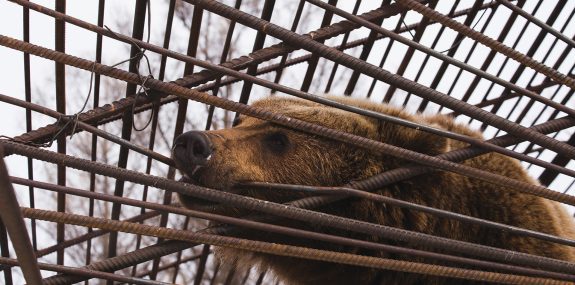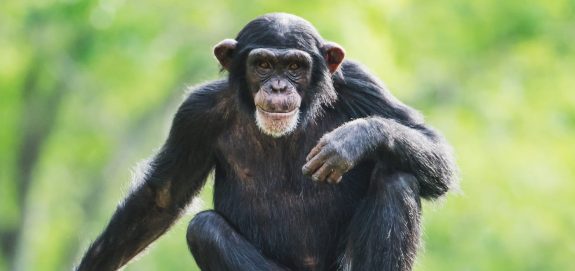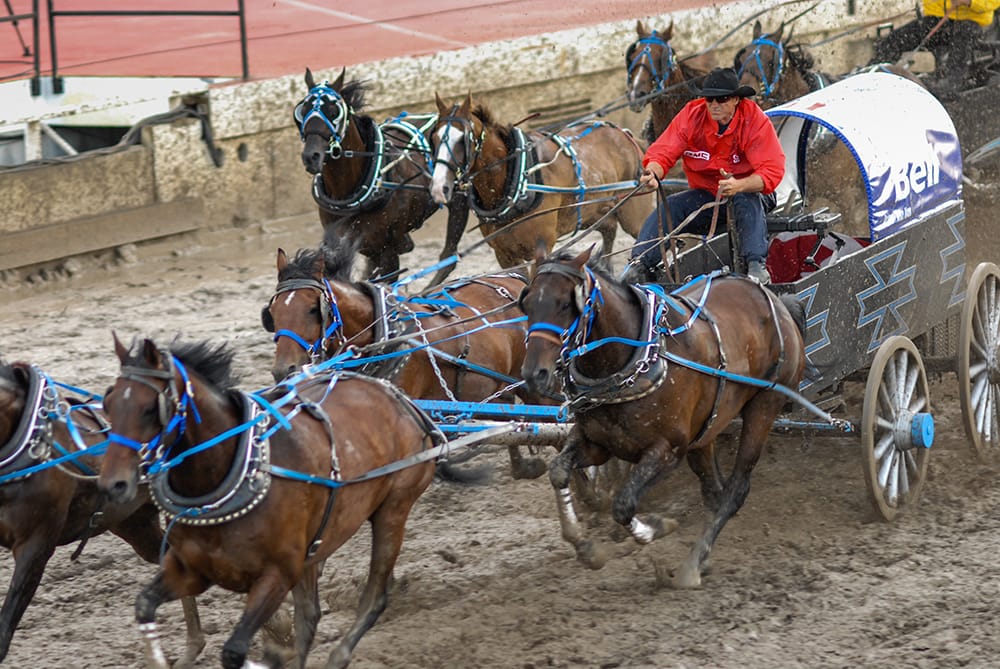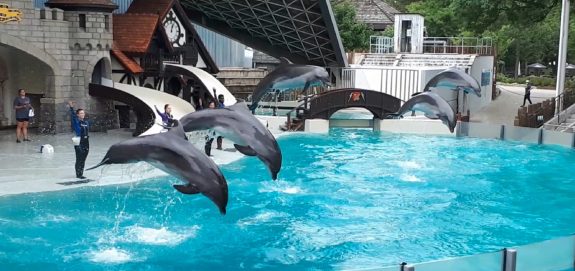Animals used for entertainment experience cruelty and suffering in zoos, aquariums, rodeos, circuses, films and TV production, horse-drawn carriages, and exhibitions. Wild animals like elephants, lions, tigers, monkeys, whales, and dolphins belong in their spacious natural habitats—not caged for human entertainment. Domesticated animals like horses often experience brutal training methods, and a life of deprivation and injury.
Polls consistently show that most people are opposed to using animals for entertainment at places like zoos, aquariums, and rodeos. The good news is that Canada is making slow progress toward protecting some animals from a lifetime of misery in the entertainment industry. Many municipalities have passed bans on the use of animals in circuses and zoos, on horse-drawn carriages, rodeos, and other uses of exotic animals. In a landmark victory for animals, Canada passed a groundbreaking federal ban on keeping and breeding whales and dolphins in captivity in 2019, after a long campaign by Animal Justice and other animal protection advocates. This law shows a strong recognition that these smart, sensitive animals deserve freedom—not a lifetime in a tiny tank.
Zoos and aquariums condemn animals to a lifetime behind bars, often in isolation or social groups that are unsuited to them, and in cages which can never simulate their natural habitats or climates. Lucy, an Asian elephant, has been held at northerly Edmonton Valley Zoo for more than forty years, including two decades in isolation, despite multiple campaigns to have her moved to a sanctuary in a warmer climate with other elephants.
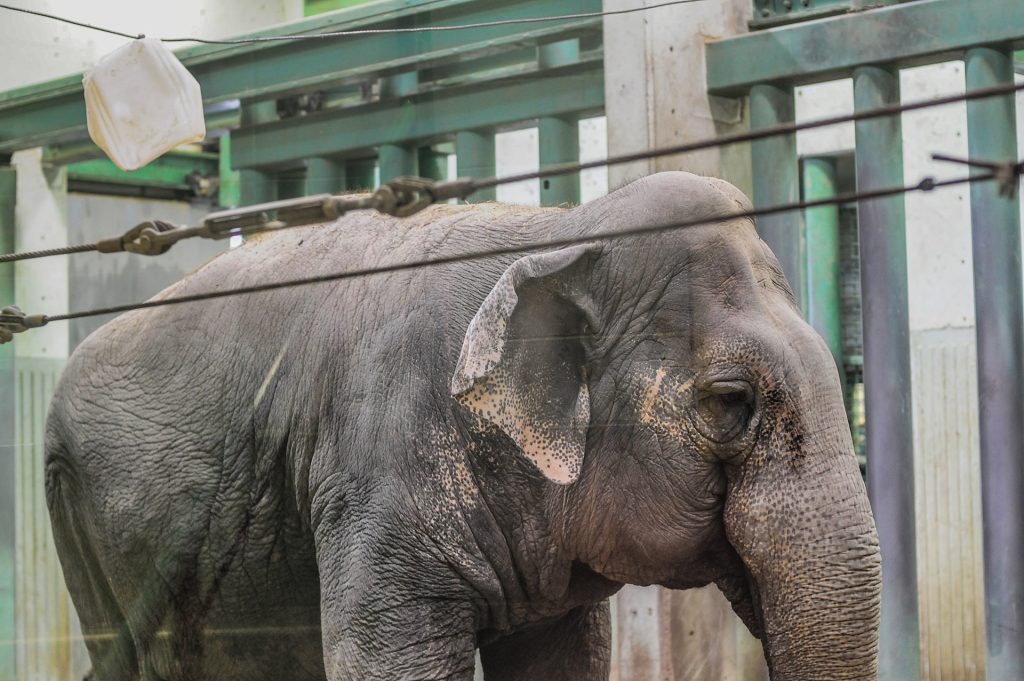
Zoos and aquariums often claim they play a key role in education and conservation, but the reality is that they exist primarily to exploit animals for human entertainment. Most zoos don’t have meaningful conservation programs which reintroduce animals into the wild, and only a tiny fraction of zoo profits are invested in educational programs. There is also no evidence that zoo education programs inspire behavioural or policy changes, or better outcomes for wild animals.
Zoos in Canada are poorly regulated, and there are no federal laws or mandatory inspections to protect animals in zoos. Ontario has many zoos with exceptionally poor standards and is easily the roadside zoo capital of the country. This is all because the government has allowed these inadequate facilities to flourish. In Ontario, you can’t build a patio in their backyard without a permit, but you can open a zoo imprisoning exotic animals without a provincial license, permit, or oversight. Laws are so weak in Ontario that authorities can’t even close down a zoo, no matter how badly the animals are suffering.
In 2022, Animal Justice conducted the largest-ever investigation of Canadian zoos, revealing widespread suffering, injuries, death, and troubling threats to public safety.
In 2018, Sault Ste. Marie became the first Canadian municipality to ban keeping animals in zoos. More than two dozen municipalities in Canada, plus the entire province of Prince Edward Island, have also outlawed wild animal performances in circuses.
It’s time to reimagine zoos, and convert them to animal sanctuaries to offer a real chance at an enjoyable life to captive animals who cannot be released into the wild. By putting the animals’ needs first, sanctuaries offer refuge to animals, and a chance for the public to learn about their sentience, individuality, and true needs.
Rodeos have also come under fire in Canada for cruel events such as calf roping, bull riding, bucking bronco events, and chuckwagon racing. Rodeo events deliberately cause severe distress and pain for the terrified animals forced to perform in them, consistently resulting in injury and death. Over 60 horses have died since 1986 in chuckwagon racing events at the Calgary Stampede. Bulls are deliberately antagonized before being ridden, and horses used in riding challenges have painful flank straps tightened around their hindquarters to induce them to buck. Animal Justice believes that abusive rodeo events violate animal protection laws. Intentionally causing stress and harm to animals for frivolous entertainment purposes should be outlawed for good.

